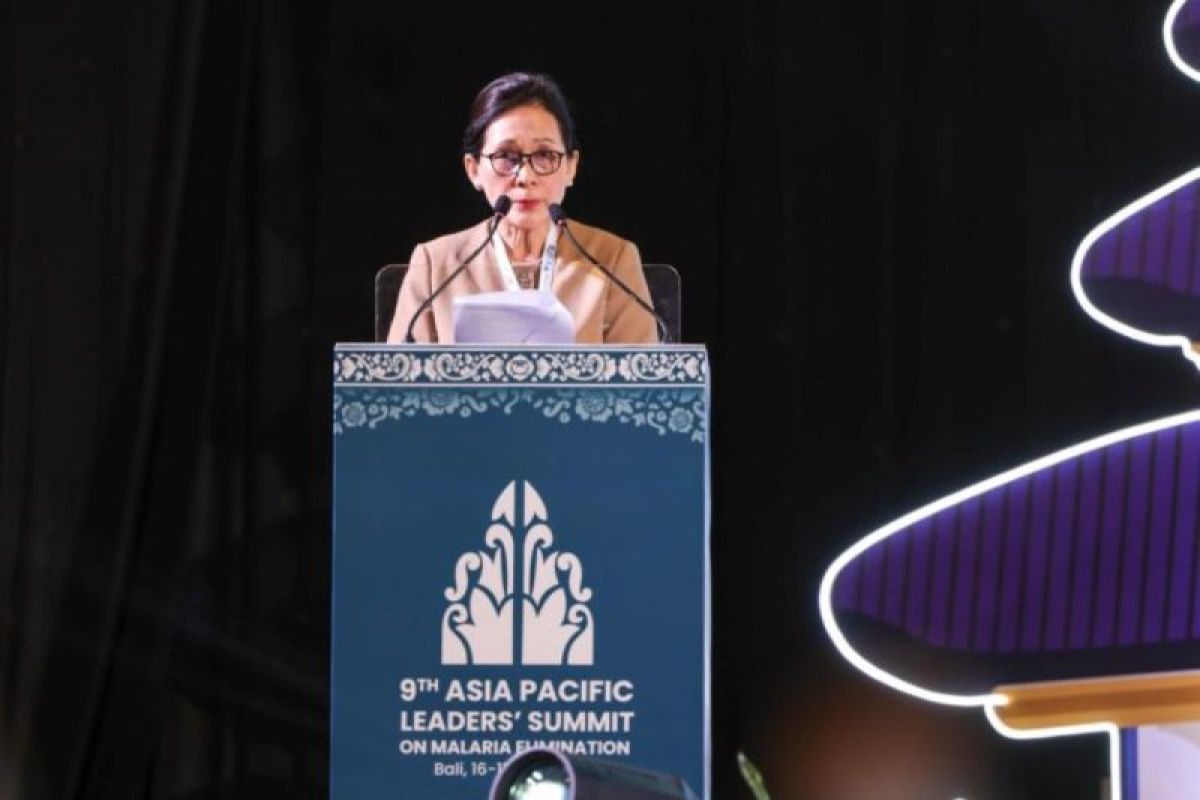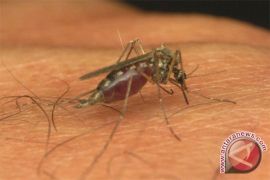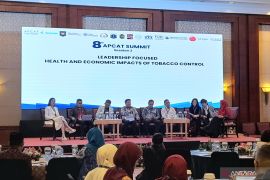“Malaria is not just a health issue -- it is deeply connected to justice, development, security, and public policy,” said Murti Utami, Acting Director General of Disease Control at the Indonesian Health Ministry, in a statement received in Jakarta on Tuesday.
Utami noted that despite notable progress in several countries, the Asia-Pacific region still faces significant challenges. These include a high burden of cases, cross-border mobility, zoonotic malaria, drug resistance, and the impacts of climate change.
“We are not starting from scratch. Across the region, we already have a strong foundation, including community-based initiatives and successful innovations. What we need now is to accelerate, align, and sustain these efforts,” Utami explained.
She stressed the importance of health diplomacy and regional solidarity as crucial elements to achieving the malaria elimination target by 2030.
“Let’s use this summit to strengthen collaboration, not only between health ministries, but also across sectors and borders,” she urged.
In the same statement, World Health Organization (WHO) Director-General Tedros Adhanom Ghebreyesus commended Indonesia for its leadership in fighting malaria, both nationally and regionally.
"National elimination is not impossible -- the target is within reach. Many countries in the Asia-Pacific have already achieved significant reductions in malaria transmission,” he said.
However, Ghebreyesus cautioned that achieving this goal now faces increasingly complex challenges, especially with regard to global health financing.
“This will require sustained political will and expanded cooperation across sectors, countries, and development partners,” he concluded.
Related news: Govt picks Papuan regions for mass malaria medication pilot
Related news: Ministry, Papuan provinces tie up to end malaria by 2030
Translator: Mecca Yumna Ning Prisie, Cindy Frishanti Octavia
Editor: Primayanti
Copyright © ANTARA 2025










